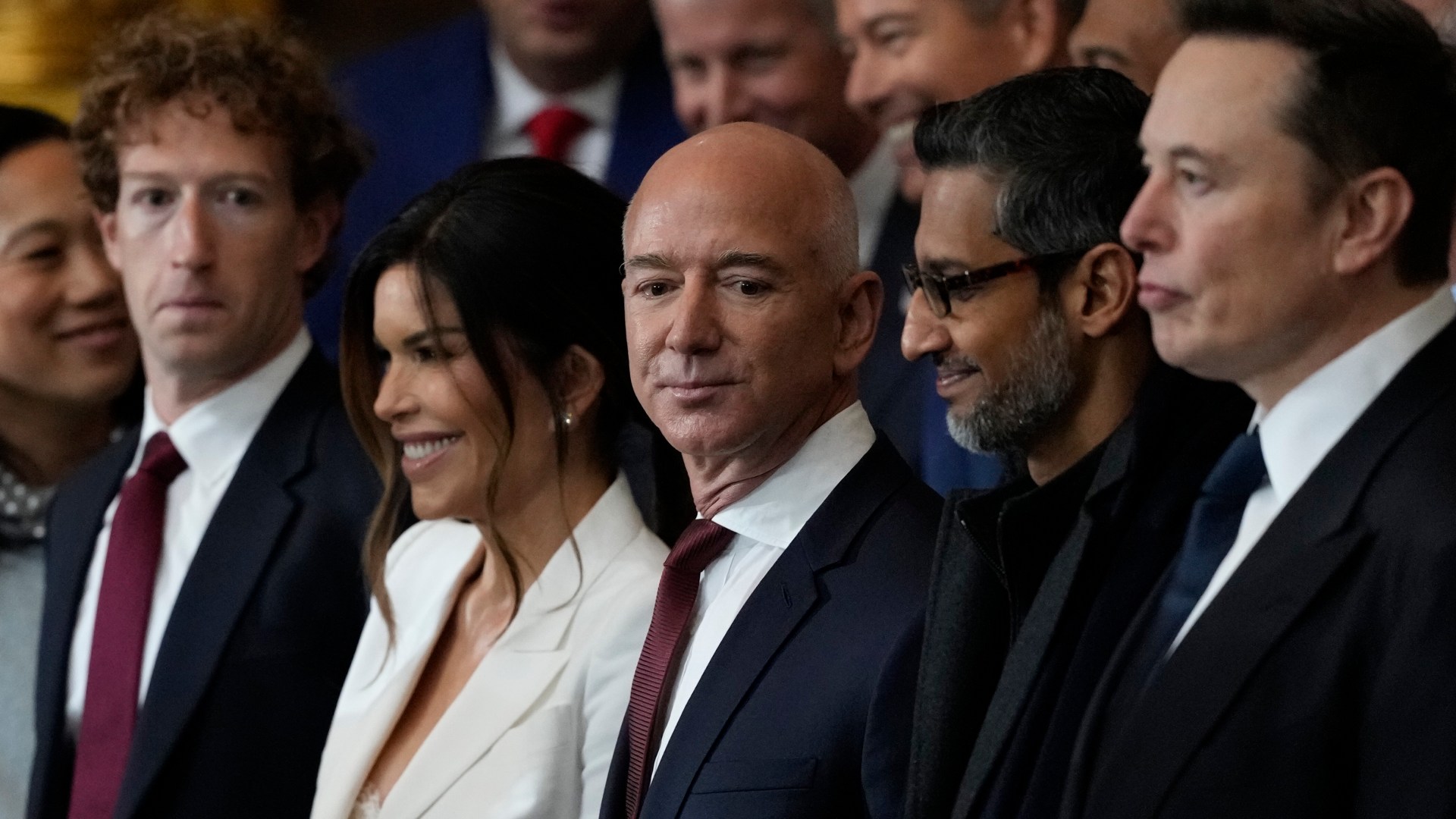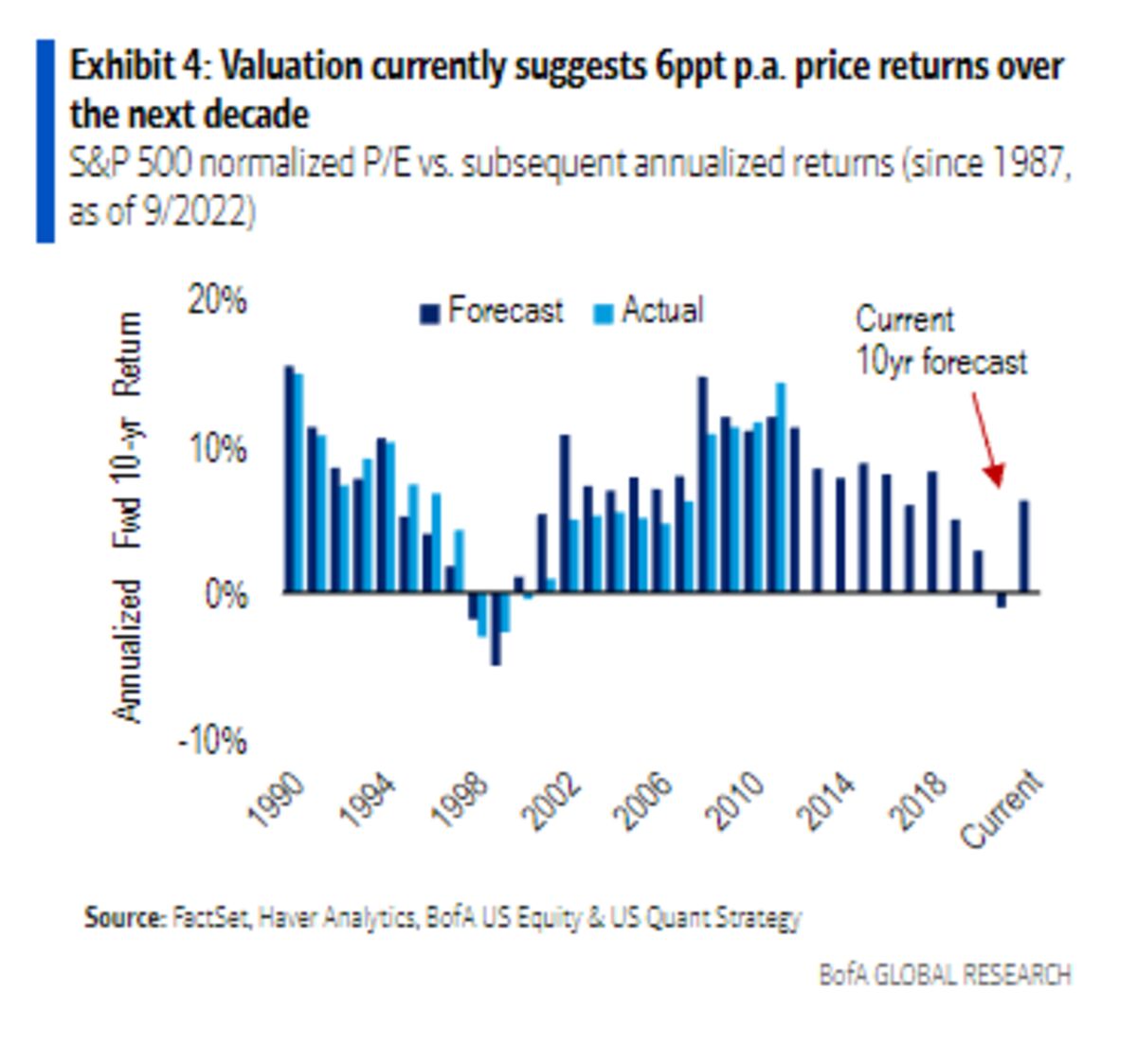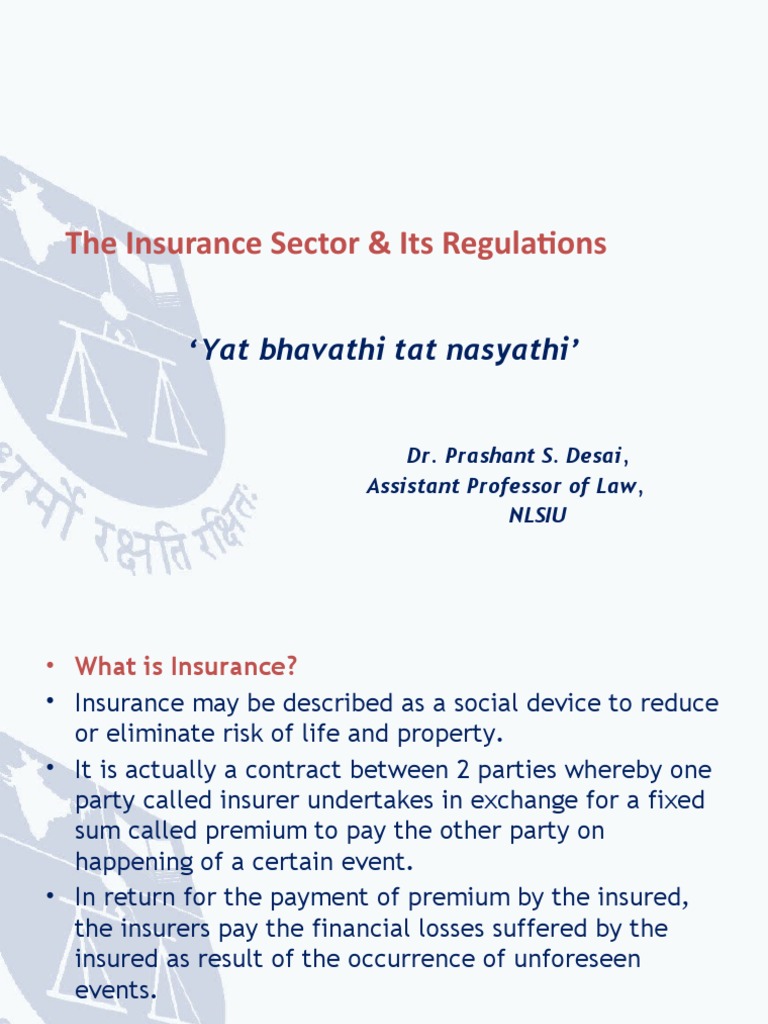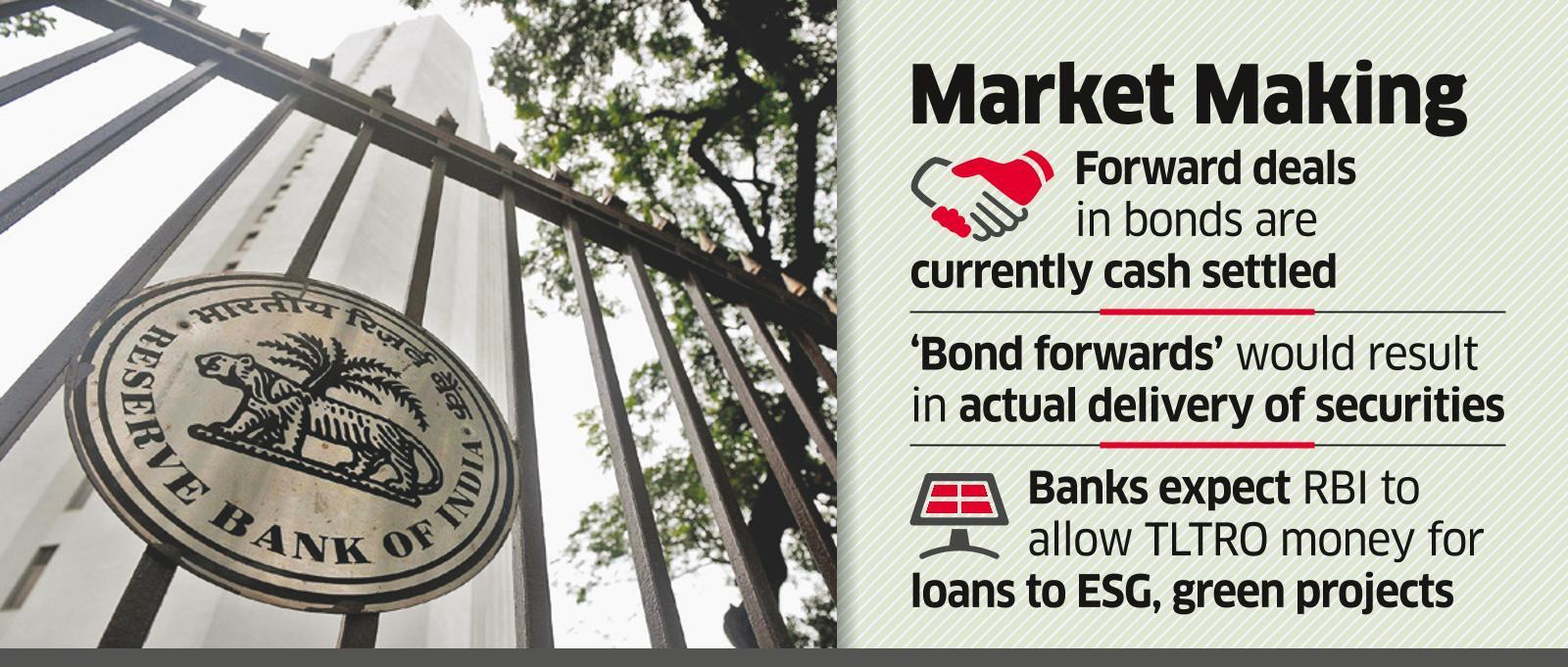The Zuckerberg-Trump Dynamic: Implications For Facebook And Beyond

Table of Contents
Facebook's Role in the 2016 Election and Beyond
The 2016 US presidential election exposed the vulnerability of social media platforms to manipulation and the significant influence they wield on political outcomes. Facebook, in particular, became a focal point of controversy due to its role in the spread of misinformation and the use of its platform for targeted political advertising.
The Cambridge Analytica Scandal and its Fallout
The Cambridge Analytica scandal, involving the harvesting of personal data from millions of Facebook users without their consent, profoundly impacted public trust in Facebook and highlighted the potential for misuse of personal information in political campaigns. The scandal's connection to the Trump campaign fueled further scrutiny, leading to congressional hearings, regulatory investigations, and significant reputational damage for both Facebook and its CEO, Mark Zuckerberg.
- Data privacy breaches: The scandal revealed the ease with which personal data could be harvested and used for targeted political advertising.
- Misinformation campaigns: Cambridge Analytica's activities exposed the vulnerability of Facebook to sophisticated misinformation campaigns designed to influence voter behavior.
- Influence operations: The scandal highlighted the potential for foreign actors to manipulate Facebook to interfere in democratic processes.
Facebook implemented changes in response to the scandal, including stricter data privacy policies and enhanced measures to combat misinformation. However, the lasting impact on public trust and the ongoing debate surrounding data privacy remain significant aspects of the Zuckerberg-Trump dynamic.
Political Advertising and Misinformation on Facebook
Facebook's policies regarding political advertising have been subject to intense criticism. The platform's algorithms, designed to maximize user engagement, have been accused of amplifying divisive content and facilitating the spread of misinformation. Targeted advertising, microtargeting, and the rise of deepfakes further complicate the challenges of ensuring fair and accurate political discourse on the platform.
- Targeted advertising: The ability to target specific demographics with tailored political messages raises concerns about manipulation and voter suppression.
- Microtargeting: Highly granular targeting allows campaigns to reach specific individuals with personalized messages, potentially exacerbating polarization.
- Deepfakes: The proliferation of manipulated videos and audio recordings presents a significant threat to the integrity of political information.
- Censorship debates: Striking a balance between free speech and the need to combat misinformation remains a persistent challenge for Facebook and other social media platforms.
The Zuckerberg-Trump Relationship: A Case Study in Power and Influence
The relationship between Zuckerberg and Trump represents a unique case study in the interplay of power and influence in the digital age. Trump's strategic use of Facebook as a political tool, and Zuckerberg's responses to his actions, have shaped the narrative of the platform's role in modern politics.
Trump's Use of Facebook as a Political Tool
Donald Trump effectively leveraged Facebook to reach and engage his supporters, bypassing traditional media gatekeepers. His direct communication style, populist messaging, and frequent use of emotionally charged rhetoric fostered a strong connection with his base.
- Direct engagement: Trump's direct communication with voters on Facebook allowed him to circumvent traditional media filters and shape public perception directly.
- Bypassing traditional media: Facebook allowed Trump to communicate his message unfiltered to a large audience, bypassing the scrutiny of traditional media outlets.
- Populist messaging: Trump's use of simple, emotive language resonated with a broad segment of the population, demonstrating the power of Facebook in amplifying populist narratives.
Zuckerberg's Responses and Decisions Regarding Trump
Zuckerberg faced considerable criticism for his handling of Trump's Facebook activity. The ethical dilemmas of moderating political speech on a platform with billions of users presented a complex challenge. His decisions, often criticized as too lenient, highlighted the difficulties in balancing free speech principles with the need to protect users from harmful content.
- Free speech vs. harmful content: The tension between upholding free speech and preventing the spread of misinformation presented a significant challenge for Zuckerberg.
- Balancing viewpoints: Ensuring that all sides of a political debate are fairly represented on the platform is a difficult task, particularly when one side engages in inflammatory rhetoric.
- Content moderation challenges: The sheer volume of content on Facebook makes effective content moderation a monumental task, requiring vast resources and sophisticated algorithms.
Broader Implications for Social Media and Democracy
The Zuckerberg-Trump dynamic has far-reaching implications for the future of social media and its relationship with democratic processes.
The Impact on Political Discourse and Polarization
Social media platforms, including Facebook, have been implicated in exacerbating political polarization. Algorithmic bias and the creation of echo chambers contribute to the spread of misinformation and the reinforcement of existing beliefs.
- Filter bubbles: Algorithmic personalization creates filter bubbles, limiting exposure to diverse perspectives and reinforcing existing biases.
- Online harassment: Social media platforms can be breeding grounds for online harassment and abuse, undermining civil discourse and discouraging participation in public life.
- Spread of conspiracy theories: Social media algorithms can inadvertently amplify the spread of conspiracy theories and disinformation, eroding trust in institutions and fostering social unrest.
The Future of Social Media Regulation and Responsibility
The events surrounding the Zuckerberg-Trump dynamic underscore the urgent need for stricter regulation of social media platforms and a renewed focus on corporate social responsibility.
- Government regulation: Governments worldwide are grappling with how to regulate social media platforms effectively while protecting free speech.
- Industry self-regulation: The social media industry faces increasing pressure to adopt more robust self-regulatory measures to combat misinformation and promote ethical practices.
- Ethical considerations: Tech companies must prioritize ethical considerations in the design and implementation of their algorithms and policies.
Conclusion
The Zuckerberg-Trump dynamic represents a critical juncture in the relationship between social media, politics, and democracy. Understanding the complexities of their interaction—from the Cambridge Analytica scandal to the ongoing challenges of misinformation—is crucial for navigating the future of online discourse. The implications of this dynamic extend far beyond Facebook, highlighting the urgent need for responsible content moderation, effective regulation, and a renewed commitment to fostering healthy public dialogue. Further research into the Zuckerberg-Trump dynamic and its impact on social media platforms is vital to ensuring a more informed and responsible digital landscape. Therefore, continued critical analysis of the Zuckerberg-Trump dynamic and its broader implications is paramount.

Featured Posts
-
 Paris Nice 2024 American Jorgensons Triumphant Defense
Apr 26, 2025
Paris Nice 2024 American Jorgensons Triumphant Defense
Apr 26, 2025 -
 Het Raadsel Van Het Zoete Nederlandse Broodje
Apr 26, 2025
Het Raadsel Van Het Zoete Nederlandse Broodje
Apr 26, 2025 -
 Africas Workforce Transformation Climate Change And The Green Economy
Apr 26, 2025
Africas Workforce Transformation Climate Change And The Green Economy
Apr 26, 2025 -
 7 Hot New Orlando Restaurants To Try In 2025 Beyond Disney
Apr 26, 2025
7 Hot New Orlando Restaurants To Try In 2025 Beyond Disney
Apr 26, 2025 -
 Zvladneme Velikonoce I Pres Zdrazovani Prakticky Pruvodce
Apr 26, 2025
Zvladneme Velikonoce I Pres Zdrazovani Prakticky Pruvodce
Apr 26, 2025
Latest Posts
-
 Regulatory Changes Sought By Indian Insurers For Bond Forwards
May 10, 2025
Regulatory Changes Sought By Indian Insurers For Bond Forwards
May 10, 2025 -
 Should Investors Worry About Current Stock Market Valuations Bof As Answer
May 10, 2025
Should Investors Worry About Current Stock Market Valuations Bof As Answer
May 10, 2025 -
 Indian Insurance Sector Seeks Simplification Of Bond Forward Regulations
May 10, 2025
Indian Insurance Sector Seeks Simplification Of Bond Forward Regulations
May 10, 2025 -
 Call For Regulatory Reform Indian Insurers And Bond Forwards
May 10, 2025
Call For Regulatory Reform Indian Insurers And Bond Forwards
May 10, 2025 -
 Indian Insurers Seek Regulatory Easing On Bond Forwards
May 10, 2025
Indian Insurers Seek Regulatory Easing On Bond Forwards
May 10, 2025
